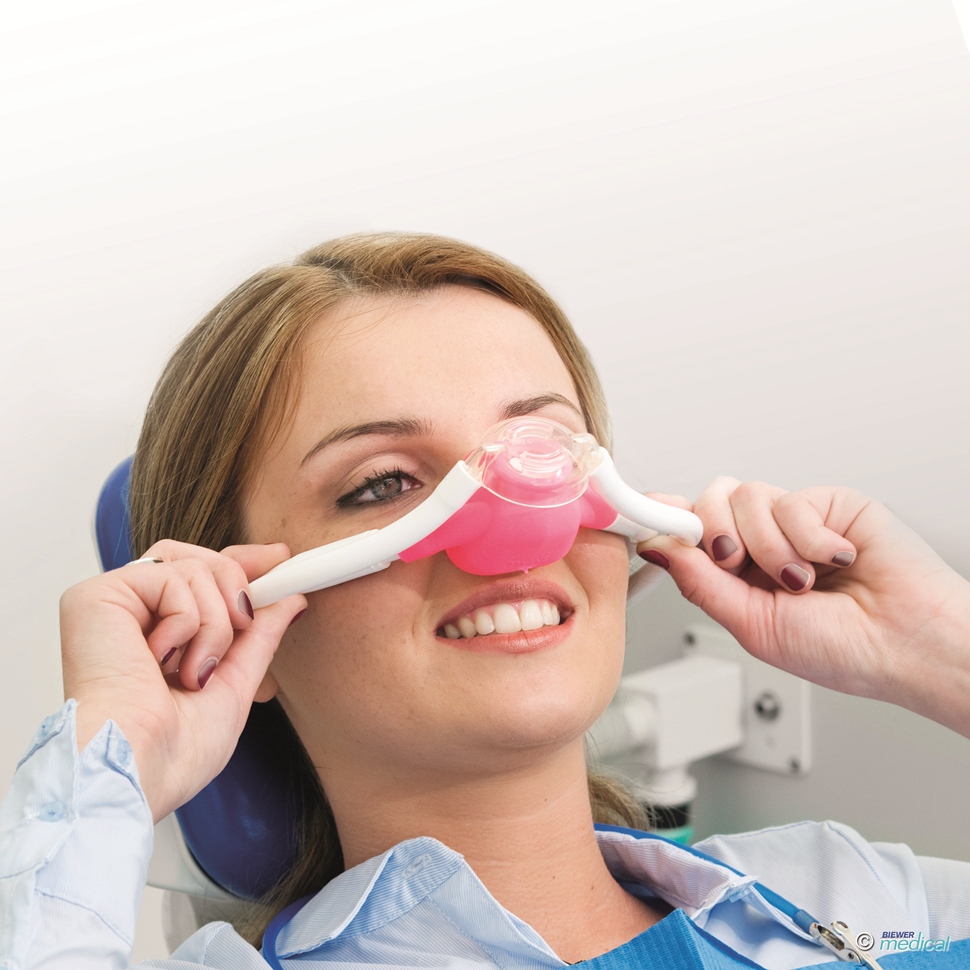Sedation Dentistry

Overcoming dental anxiety with Sedation dentistry
Did you know that nearly half of the adult population in the country has true dental fear or dental phobia?
Most commonly, it results from very bad past dental experience(s), feelings of loss of control, embarrassment, needles, the drill and dental smells.
Our team understands these fears and anxieties which is why we created our practices in a way that gets rid of many of these “old school” practices. When you walk through our doors, you will not even feel like you’re at the dentist. Dental anxiety is an all-too real problem for many and our aim is to make your visit as comfortable and stress-free as possible.
IV Sedation (Conscious or Twilight Sedation)
Conscious sedation is a safe, controlled and reversible option for the reduction of anxiety, memory and time perception during a procedure. It can be administered orally or intravenously and produces a shallow state of sedation which allows the patient to maintain control of safety reflexive functions and cognitive response.
A lot of people think IV sedation may not be safe for them. Dental anxiety is actually why IV sedation was introduced into dentistry. Being scared, nervous, and having extra anxiety can trigger cardiac events. When you’re under IV sedation you’re very calm, mild manner, nothing is upsetting, and your anxiety level is so low that your procedure can be done in a much safer health environment.
Benefits of sedation dentistry
Sedation dentistry offers patients many different benefits. One of the main advantages of sedation is that most patients only feel like a dental procedure last just a few minutes, even if it actually took a couple of hours. This makes it a perfect option for more complex dental procedures, such as extensive rebuilding procedures or smile makeovers. Since patients can withstand longer periods of time in the dentist’s chair, procedures that often require multiple visits may be performed more quickly in fewer appointments.
Another benefit of sedation dentistry is that it can help patients overcome their fear and anxiety, so they’re able to remain comfortable throughout routine exams and more complex procedures. This makes it possible for those with extreme dental phobias to get the routine care they need, so they don’t ignore their oral health and end up with severe oral health problems in the future.
In some cases, sedation dentistry may benefit individuals with special needs or disabilities. Some individuals with autism, Down syndrome, and other special needs may have difficulty dealing with dental appointments. Sedation can keep them calm and relaxed so they’re able to get the care they need to maintain a healthy mouth and smile.
Is Sedation dentistry right for you?
Not everyone is a good candidate for sedation. Your dentist will take your overall physical and mental health into consideration before determining if it’s safe for you to undergo sedation in the dentist’s office. It’s important for your dentist to do a physical assessment and take a complete medical history before deciding to administer sedation. In some cases, you may be asked to receive medical clearance from your primary care doctor as well. If you’re worried about upcoming dental visits, talk to your dentist’s office about sedation and whether it’s a good option for you.
Your 2-hour appointment may only seem like it takes 20 minutes!
Frequently Asked Questions
Sedation involves the use of medication to help patients relax during dental procedures. It’s especially helpful for those with dental anxiety, low pain tolerance, or a strong gag reflex.
Sedation is ideal for:
Patients with dental fear or anxiety
Those undergoing lengthy or complex procedures
Children or adults who have difficulty staying still
Individuals with sensitive teeth or a low pain threshold
The most common types include:
Nitrous oxide (laughing gas): A mild sedative inhaled through a mask
Oral sedation: A pill taken before the procedure for moderate relaxation
IV sedation: Administered intravenously for deeper sedation
General anesthesia: Used in more complex surgical cases; patient is fully unconscious
Your dentist will recommend the best type based on your needs and procedure.
Yes. When administered by a trained dental professional, sedation in dentistry is very safe. Your vital signs will be closely monitored throughout the procedure to ensure your safety and comfort.
It depends on the type of sedation.
With nitrous oxide or oral sedation, you'll remain awake but deeply relaxed.
IV sedation may make you feel drowsy or drift in and out of sleep.
General anesthesia will render you completely unconscious.
Recovery time varies:
Nitrous oxide wears off within minutes
Oral and IV sedation may take a few hours to fully subside
You may need someone to drive you home if deeper sedation is used
Yes. Pediatric dental sedation is common for children who are anxious, very young, or require complex treatment. Safety protocols are strictly followed for all pediatric cases.
The cost depends on the type of sedation used and the length of the procedure. Oral sedation is generally more affordable than IV or general anesthesia. A consultation is the best way to get an accurate quote.
Most side effects are mild and temporary, such as grogginess, dry mouth, or nausea. Serious complications are rare and minimized with proper pre-procedure screening.
Your dentist will give you specific instructions, but general guidelines may include:
Avoid eating or drinking for a certain period before the procedure
Arrange for someone to drive you home
Wear comfortable clothing and avoid makeup or contact lenses
